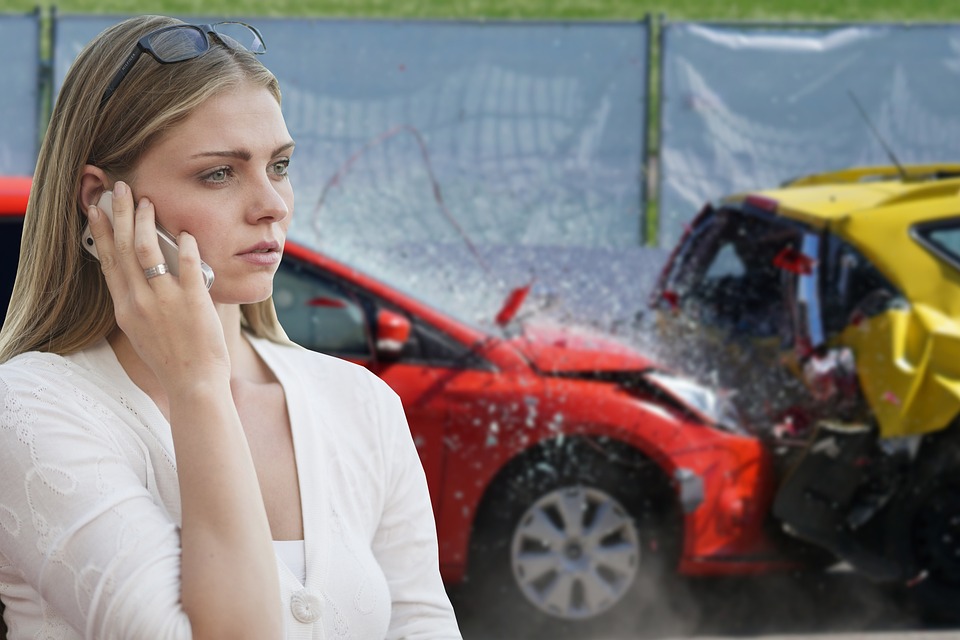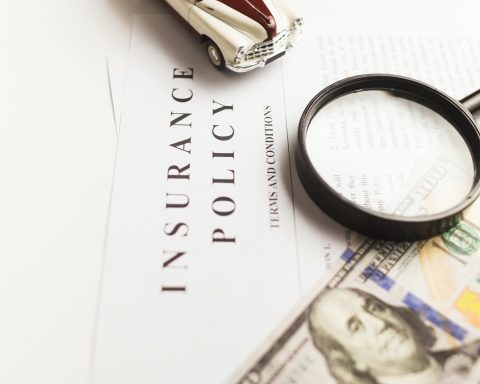Car insurance is an important aspect of owning a vehicle. Navigating the complex world of insurance can be overwhelming. To demystify car insurance, we have compiled a list of the 30 most frequently asked questions about car and motor insurance that may be on your mind.
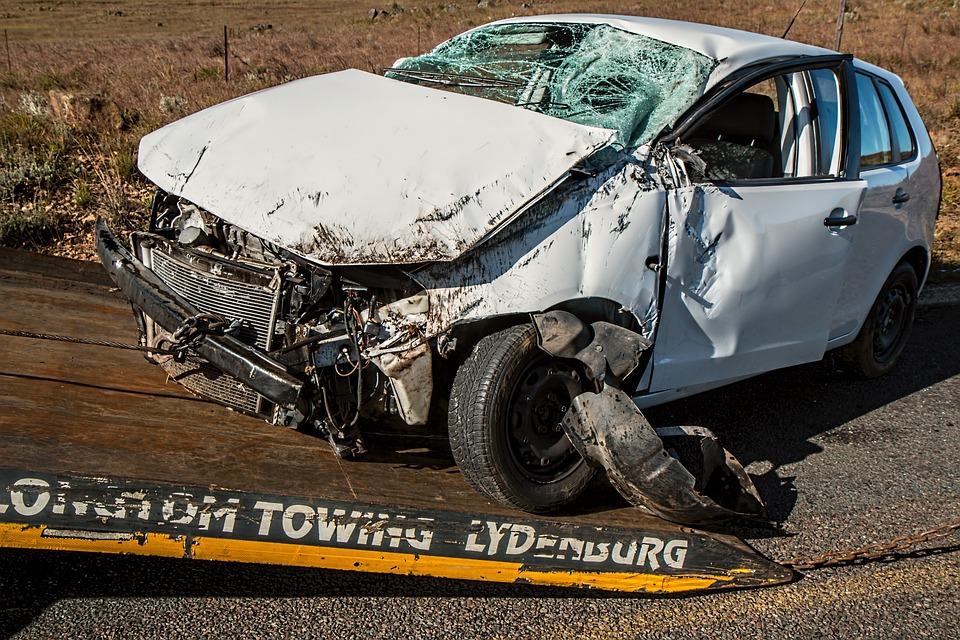
No. 1 Why is Car Insurance Important?
Car insurance is a type of insurance policy that protects you financially in the event of an accident or theft involving your vehicle.
No. 2 Is car insurance required by law?
Yes, car insurance is mandatory in most states in the US. The specific requirements vary by state, but generally, drivers must carry liability insurance to cover damages they may cause to others.
No. 3 What types of car insurance are there?
There are several types of car insurance, including liability insurance, collision insurance, comprehensive insurance, and uninsured/underinsured motorist coverage.
No. 4 What does liability insurance cover?
Liability insurance covers damages you may cause to others while driving your car. This includes property damage and bodily injury.
No. 5 What does collision insurance cover?
Collision insurance covers damages to your own car in the event of a collision, regardless of who was at fault.
No. 6 What does comprehensive insurance cover?
Comprehensive insurance covers damages to your car caused by non-collision events, such as theft, fire, or natural disasters.
No.7 What is uninsured/underinsured motorist coverage?
Uninsured motorist coverage is a type of car insurance that provides coverage if you are involved in an accident with a driver who does not have insurance or does not have enough insurance to cover the damages. It can also provide coverage if you are involved in a hit-and-run accident where the other driver cannot be identified.
No. 8 How much car insurance coverage do I need?
The amount of car insurance coverage you need depends on your individual circumstances, such as your driving history, the value of your car, and the risks you face.
No. 9 How are car insurance premiums calculated?
Car insurance premiums are calculated based on several factors, including your driving record, age, gender, location, and the type of car you drive.
No. 10 How can I save money on car insurance?
There are several ways to save money on car insurance, such as by bundling your policies, raising your deductibles, and taking advantage of discounts.
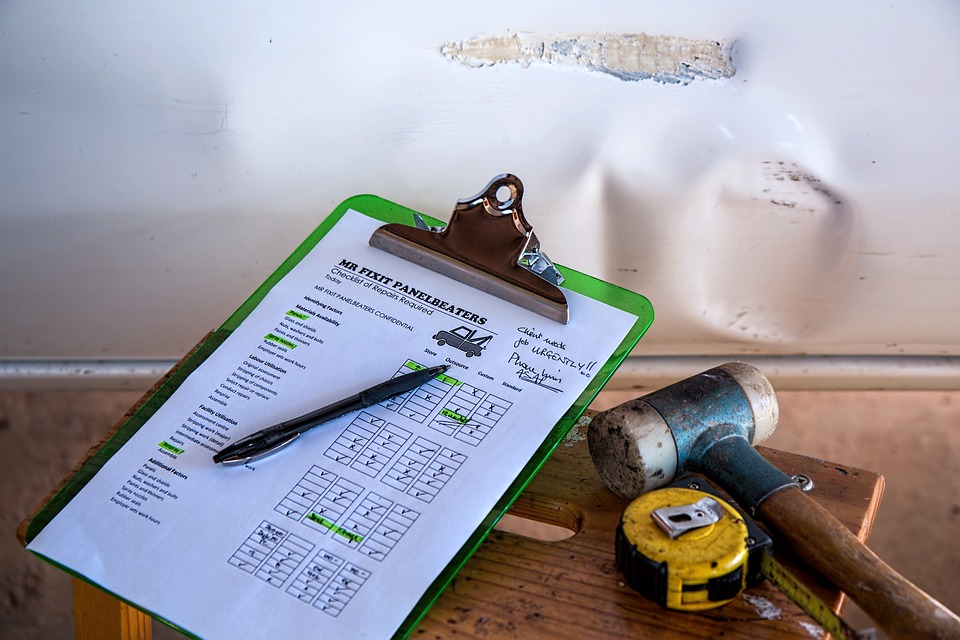
No. 11 What is a deductible?
A deductible is the amount you pay out of pocket before your insurance coverage kicks in.
No. 12 What is full coverage car insurance?
Full coverage car insurance is a combination of liability insurance, collision insurance, and comprehensive insurance.
No. 13 Can I drive someone else’s car with my insurance?
In most cases, your car insurance will cover you if you drive someone else’s car with their permission. However, the coverage may be limited.
No. 14 What is an SR-22?
An SR-22 is a certificate of financial responsibility that some drivers are required to file with their state after a serious driving offense, such as a DUI.
No. 15 What is no-fault car insurance?
No-fault car insurance is a type of insurance that pays for your own injuries and damages regardless of who was at fault in the accident.
No. 16 What is gap insurance?
Gap insurance covers the difference between the actual cash value of your car and the amount you owe on your car loan in the event of a total loss.
No. 17 What is rental car insurance?
Rental car insurance provides coverage when you rent a car, but the coverage can vary depending on the policy.
No. 18 What is roadside assistance?
Roadside assistance provides help in the event of a breakdown, such as towing, jump-starting a dead battery, or changing a flat tire.
No. 19 What is an insurance claim?
An insurance claim is a request for compensation for damages covered by your insurance policy.
No. 20 How long does it take to process an insurance claim?
The time it takes to process an insurance claim can vary depending on the complexity of the claim and the insurance company’s policies. It can take anywhere from a few days to several weeks.
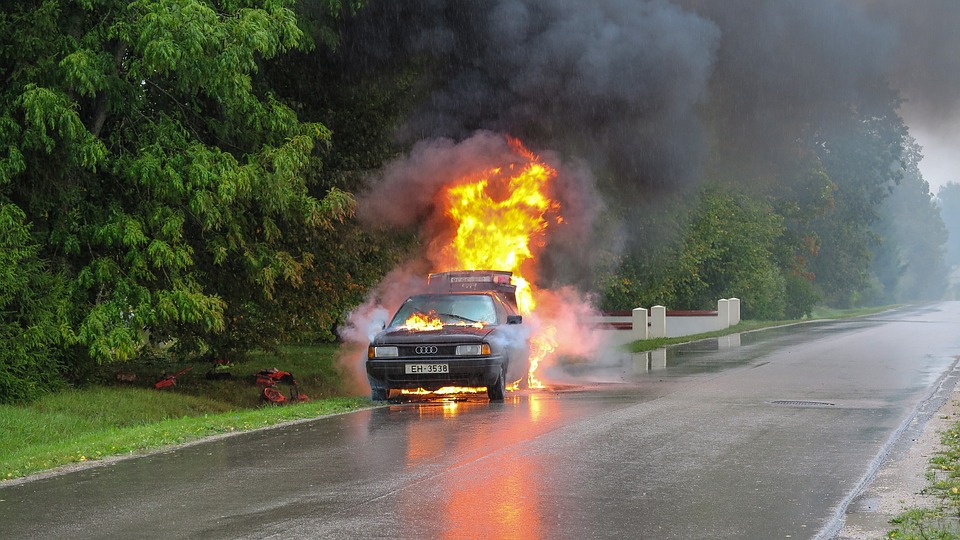
No. 21 What is the difference between a deductible and a premium?
A deductible is the amount you pay out of pocket before your insurance coverage kicks in, whereas a premium is the amount you pay to keep your insurance policy active.
No. 22 What happens if I don’t have car insurance?
If you don’t have car insurance and you are involved in an accident, you may be personally responsible for paying for damages to others and your own vehicle. Additionally, you may face legal penalties, such as fines or even the loss of your driver’s license.
No. 23 Can I cancel my car insurance policy at any time?
Yes, you can cancel your car insurance policy at any time. However, if you cancel your policy before the end of the policy period, you may be subject to penalties or fees. Additionally, if you cancel your policy without having a new one in place, you may be driving without insurance, which is illegal in most states.
No. 24 What is an insurance endorsement?
An insurance endorsement is a change or addition to your insurance policy, which can modify the terms of coverage.
No. 25 What factors affect my car insurance premiums?
Several factors can affect your car insurance premiums, including your driving record, age, gender, location, the type of car you drive, and your credit score.
No. 26 Can I change my car insurance coverage during the policy term?
Yes, you can change your car insurance coverage during the policy term, but it may result in changes to your premiums and deductibles.
No. 27 What is a multi-car discount?
A multi-car discount is a discount offered by insurance companies to customers who insure more than one car on the same policy.
No. 28 What is an insurance binder?
An insurance binder is a temporary insurance policy that provides proof of coverage until a permanent policy is issued.
No. 29 What is an at-fault accident?
An at-fault accident is an accident where the driver is considered to be responsible for causing the collision, either partially or entirely.
No. 30 What is a non-owner car insurance policy?
A non-owner car insurance policy is a type of insurance policy that provides coverage for drivers who do not own a car but still need liability coverage when they are driving someone else’s car.
Safe Travel!

